The death of Matt Rendell at the age of 64 was felt across the broad span of the AFL world.
At St Kilda he was a major part of the club’s rise in the early part of the 2000s as assistant coach/football manager to Grant Thomas for four years. He had an incisive football brain and, while he had strong views on each aspect of the game, he was able to transmit those thoughts to players in a way which always elicited a positive response and kept them on-side.
A gregarious and outgoing bloke, he was a superb analyst of football and footballers. As a player he had been admired for his natural leadership qualities when made captain of Fitzroy at a young age, but he strongly felt that leadership was about more than one or two players with titles next to their names.
We’ll be wearing black armbands tonight for former assistant coach Matt Rendell ❤️ pic.twitter.com/ZY3N03Cnao
— St Kilda FC (@stkildafc) July 2, 2023
He outlined his beliefs in a 2013 interview for the book Strength Through Loyalty looking back at his time at Moorabbin.
”It’s quite funny, I’ve been captain of a club and it honestly didn’t concern me whether I was captain or not. I just was a leader on the field all the time. I saw it more as a leadership – a collective group of players and that was it back at Fitzroy. I remember at Port Adelaide when I was there and we were going to change captains with Wanganeen going, there was a fair bit of debate over whether Primus would be the perfect candidate – if not him, who else?
“I remember saying let’s not have one. What do you need one for - to toss the coin?”
He was a strong proponent of the rotating captaincy bringing out the best in St Kilda’s batch of top end talent.
“I know it made Nick Riewoldt a heap better player and person and it would have helped him further – not being so insular, more team oriented – being able to drive the culture. He was so more relaxed and at ease with people in 2006, and I think the captaincy had a fair bit to do with it because of the responsibility and making him think about everything more deeply.”
“There were no rules about going out until certain times. If someone stepped out of line, sure you would talk to them, but the ultimate was that you would have to confront your teammates.”
By the time he arrived at St Kilda he had been midfield coach at Port, had a year with Melbourne as opposition scout, and had been a part-time forward scout for Sydney in Melbourne.
After his stint with the Saints he was chief recruiter at Adelaide and later spent time at Collingwood. Along the way his insightful columns with Inside Football and The Age and draft analysis on SEN were always enlightening.
When asked at one point whether he was still enjoying the footy involvement, the man known universally as “Bundy” was quick and succinct in his reply.
“I love it. Not many people get a chance to work at their hobby. I had a few businesses and was in hotels, but this is what I really love.”


